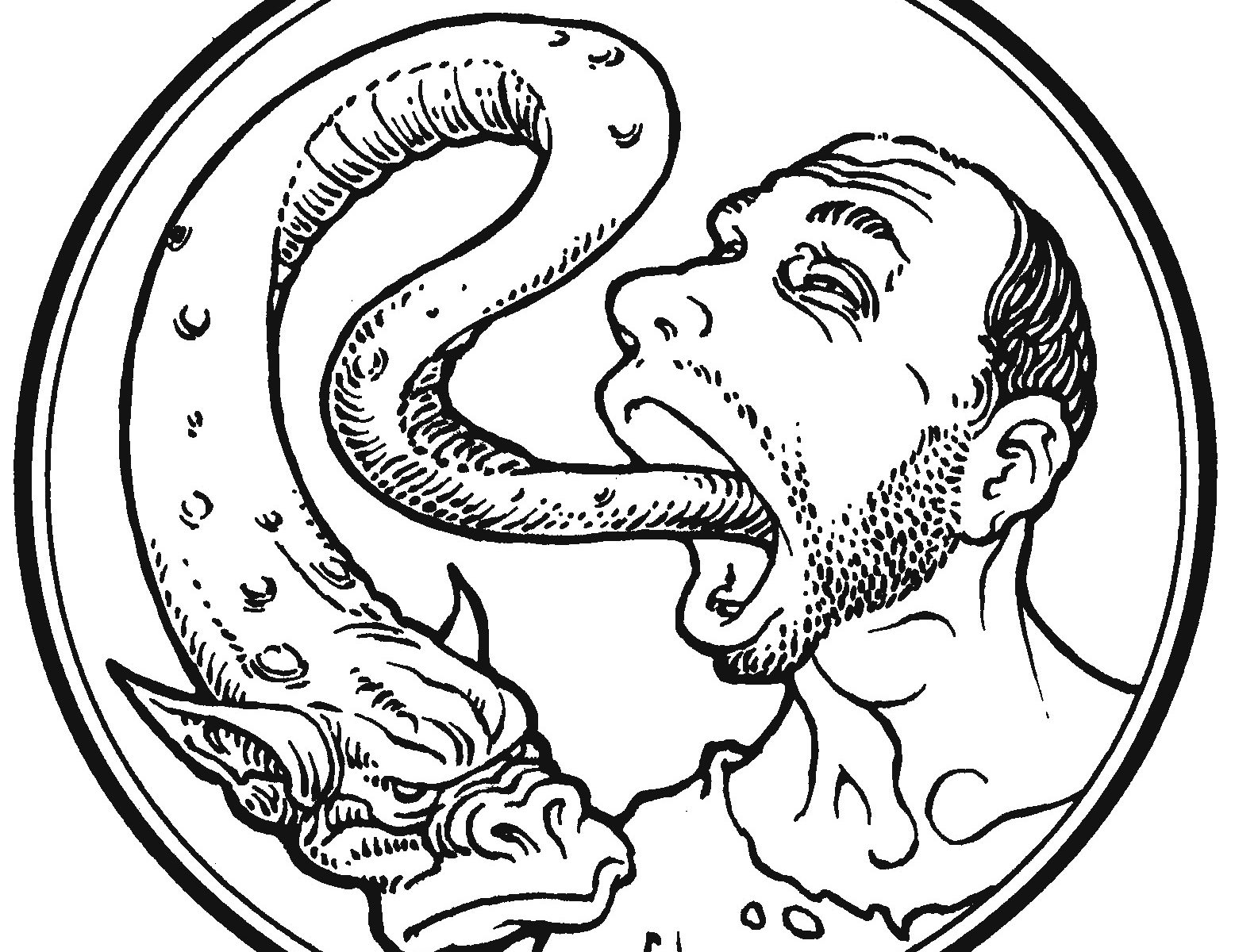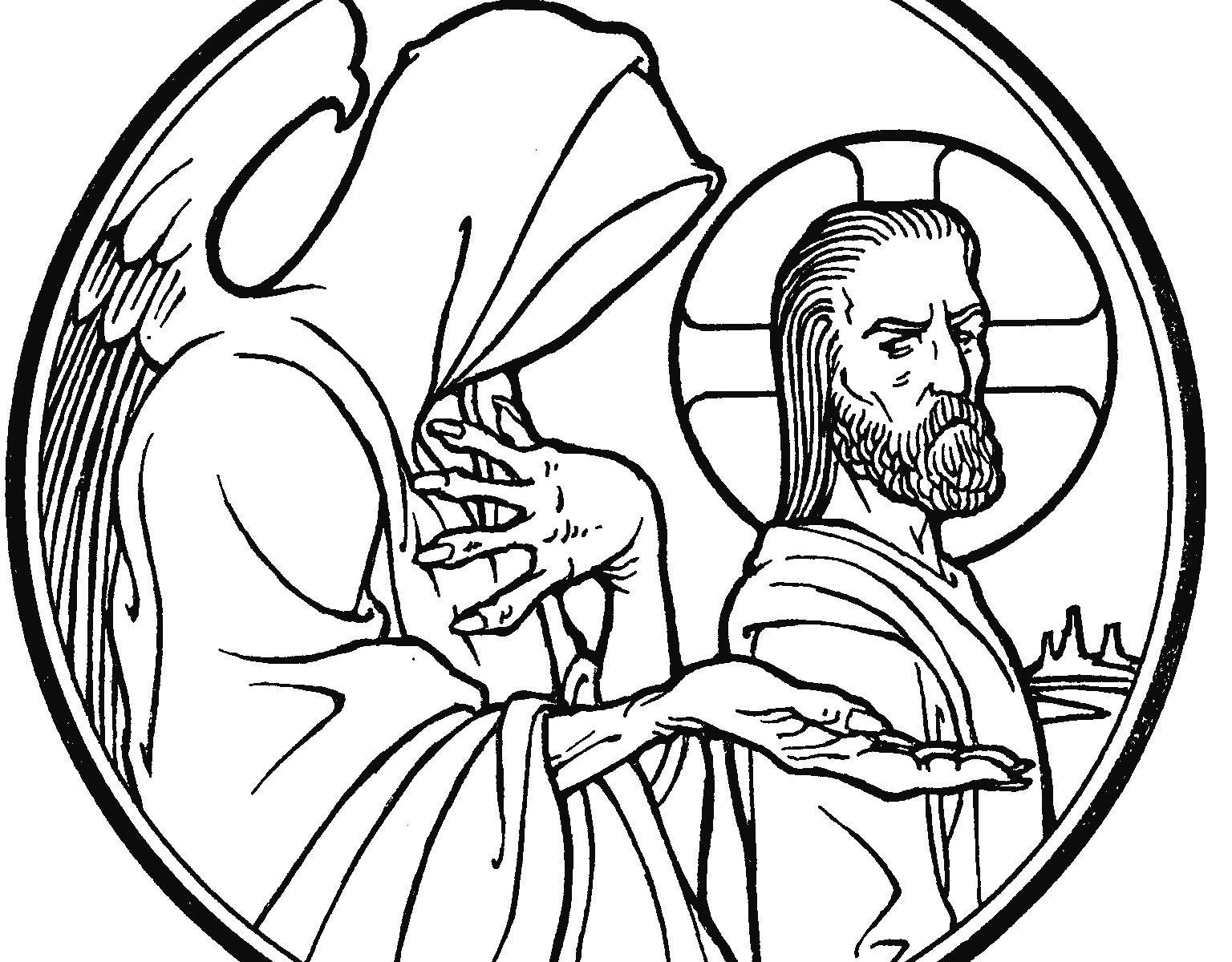Bethlehem Lutheran Church, Lebanon, OR
Third Sunday in Lent (Oculi) + March 24, 2019
Text: Exodus 8:16-24
While God was executing His judgment against the Pharaoh, the Egyptians, and their gods, God made a distinction between His people and His enemies. Sure, at the start, the Egyptian magicians were able to turn water into blood (Ex. 7:22), and brought frogs on the land (Ex. 8:7). But the time came where God displayed His mighty power that Moses wasn’t just a wizard, and the Deity Moses served was no impressive demon or demiurge. The Lord God did not permit the magicians to counterfeit His work any longer (v. 8). Furthermore, in the fourth plague of flies, He set a distinction between the lands.
The Exodus was, and to an extent still is, the quintessential act of deliverance for God’s people. The Ten Commandments are prefaced with the identification: “I am the Lord your God, who brought you out of the land of Egypt, out of the house of slavery.” (Ex. 20:2) The death and resurrection of Jesus Christ is the fulfillment of that act, for in it the Lamb of God and Firstborn Son shed His blood and became a whole burnt offering for the forgiveness of sins. Not to mention, all of these things took place against the backdrop of the Passover (Mark 14:1, Luke 22:7, John 19:14).
It should not be a surprise that the same God who caused His people to walk through the Red Sea on dry ground, who crushed the Serpent’s head at the cross, and broke the unchallenged reign of death, would also mightily act for His people today. The accounts of old were written for our learning (Rom. 15:4), and are a visible manifestation of what He still does for those who are His sons through faith in Christ Jesus (Gal. 3:26). In the Exodus, He restrained those who mocked Him and despised His people, and He still does. They harden their hearts against God, and eventually “He gives them over to the evil lusts of their hearts.” (Rom. 1:24) When it came to the flies, the Lord set apart His land and shielded it from the judgments against the hard-hearted Egyptians. In the same way, He shields us from the wrath which is waiting to be revealed (Rom. 2:5) by the blood of the Lamb who takes away the sins of the world.
The Exodus was one example where God made a visible distinction between His people and those not His people. Often the Psalmists complain that the wicked seem to have an advantage over the righteous (Ps. 73:1-12, Psalm 37:7-9). In Psalm 73, Asaph confesses:
1Truly God is good to Israel,
to those who are pure in heart.
2But as for me, my feet had almost stumbled,
my steps had nearly slipped.
3For I was envious of the arrogant
when I saw the prosperity of the wicked.
4For they have no pangs until death;
their bodies are fat and sleek.
9They set their mouths against the heavens,
and their tongue struts through the earth.
10Therefore his people turn back to them,
and find no fault in them.
We also wish that God would draw the lines thicker so we could see who’s in, and who’s out? Are we in or are we out? That’s what the Jews did when it came to Samaritans—a whole nationality of unbelievers. Fantastic! Now we know who God is going to rain fire and brimstone on, and who He’s going to shelter.
But God doesn’t make it that simple for us, because the division isn’t a visible boundary. Exodus 8:23 is translated, “I will make a difference between my people and your people.” Well, in Hebrew it literally says, “I will set redemption between my people and your people.” There’s the difference—who has the redemption? Those who believe in Jesus Christ, the Redeemer. The boundary between the people of God and hypocrites is found in human hearts—which only God knows.
As the Redeemed, we have a special status before God. We have an access to Him that far exceeds anything money can buy or the right connections can get you. We have the heart and ear of the Almighty: “Let us then with confidence draw near to the throne of grace, that we may receive mercy and find grace to help in time of need.” (Heb. 4:16) As a matter of fact, God does not hear and answer the prayers of unbelievers, no matter how pious their “thoughts and prayers” might be.
So, when it comes to the Lord’s Prayer, it’s not a magic formula to secure God’s blessing. Instead, it’s a list of promises God the Father gives through His Son. It’s promises as powerful and sure as the plagues poured out against Egypt, and the voice which commands the unclean spirits and they obey.
Now, as we pray the Our Father—or really any time we come to God in faith—we are asking for Him to prevail. Let God be victorious and let His enemies perish. This is what we ask as we pray: Hallowed be Thy Name, Thy Kingdom come, Thy will be done. We’re praying that other names would be profaned and shown to be as weak as their owners. We pray that God’s Kingdom of grace and glory would conquer the devil’s kingdom so that men might be saved. We pray that everything on earth opposed to God’s will would fail, and that God have His good and gracious way in spite of everything else.
Luther says that we pray against the “world, the devil, and our sinful nature which do not want to hallow God’s Name or let His Kingdom come.” We’d all agree that those three are enemies of God. Yet when we pray, we’re also asking God in spite of even our best plans and intentions. As dear children asking their dear Father, we must submit our plans to Him. “Trust in the Lord with all your heart and lean not on your own understanding.” (Proverbs 3:5)
When we pray, we must acknowledge that only God is 100% right. Everything in us is always subject to misunderstanding at best and corruption at worst. It’s not only calling on God when problems are bigger than we can handle; it’s calling on Him every moment because we can’t live without His direction. We need to let God be right when we’re embroiled in disagreements, when husbands and wives are facing divorce, when we’re uncertain about the future. Only God is right and only His motives are pure. Only He knows the best solution for our future. So we bow our knees before Him and ask for Him to lead the way. Let God be God, and let us be His humble and obedient children. If we won’t do this, and live without the assurance from Him, we might as well not pray and live like secular humanists.
In spite of our weak faith, and even before we had lifted a finger toward God, He reconciled us through the blood of His true, only-begotten Son. It’s in Christ and through Christ that we have the access and blessing to call on God as our Father. Even when we falter in our prayers, may God continue to work His good purpose for us and for all who hold to Christ.
Today, during the Prayer of the Church, we are going to take some much-needed time with each petition of the Our Father. Luther called this prayer the greatest martyr of the Church because of how it’s rattled off. Lord, forgive us our many trespasses, especially for treating your Word as something to be “gotten through.” And just as surely as He set redemption between His people and all others, He is ready and willing to answer the prayer of faith. Amen.







